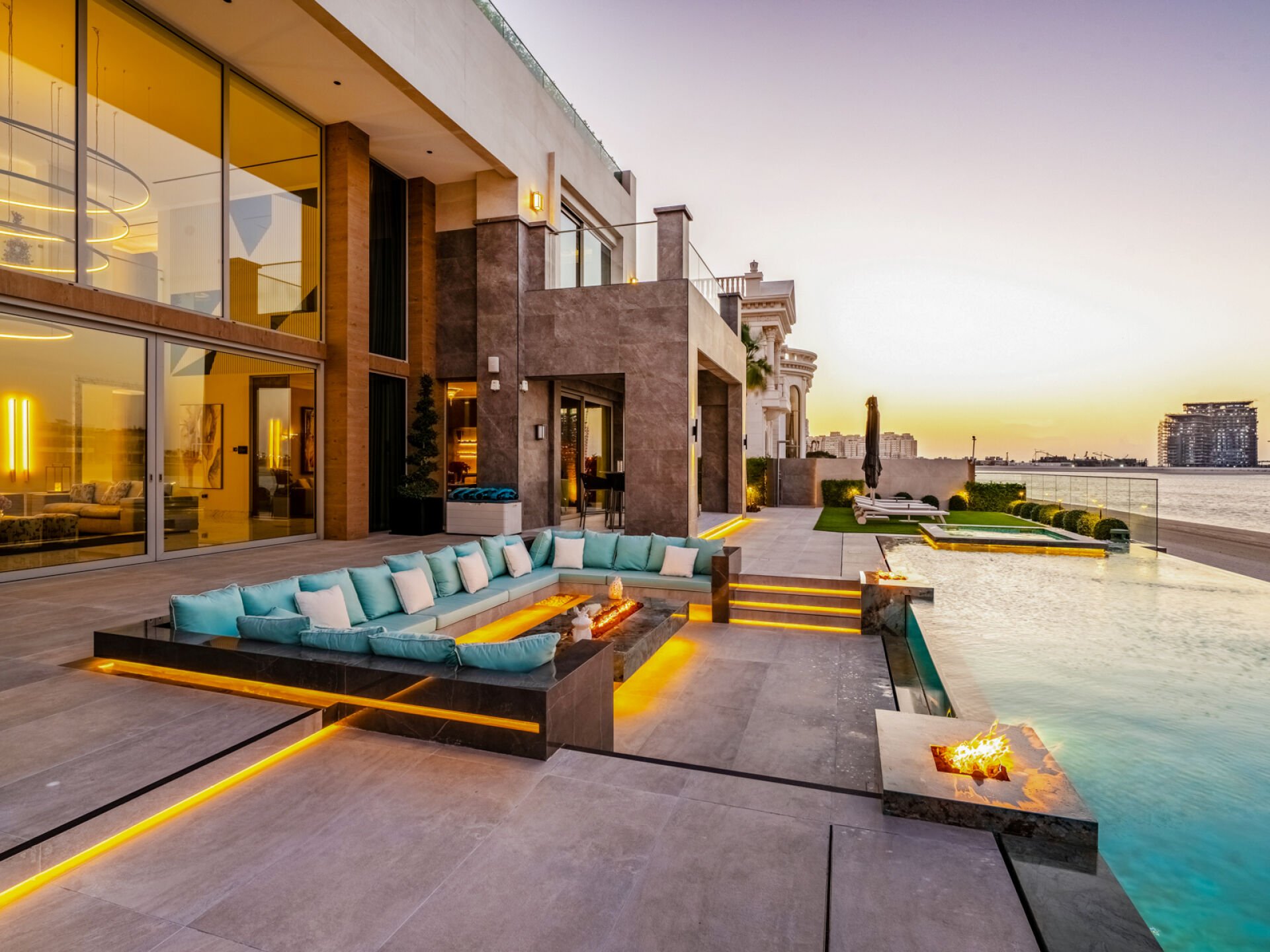Freehold vs Leasehold in Dubai

Know about the differences between Freehold and Leasehold
Words by Nikolett Vilmos in Portfolio · May 7th, 2025
In Dubai's real estate market, understanding the difference between freehold and leasehold properties is essential for making informed decisions. Each ownership type offers distinct advantages and limitations, catering to various investment goals and personal preferences. Dubai's diverse property market provides both freehold and leasehold options to investors and residents. Freehold properties grant full ownership rights, including the land and the building, while leasehold properties provide rights for a specified period, typically up to 99 years. Understanding these differences is crucial for anyone looking to invest or reside in Dubai.
Freehold Property: Complete Ownership

Freehold ownership in Dubai allows individuals to own the property and the land it stands on indefinitely. This type of ownership is available to UAE nationals and foreigners in designated areas. Owners can sell, lease, or occupy their property without restrictions. Additionally, freehold properties can be inherited and provide long-term security for families. Popular freehold areas include Downtown Dubai, Dubai Marina, and Palm Jumeirah.
Leasehold Property: Time Bound Rights

Leasehold properties offer the right to use a property for a fixed term, usually up to 99 years. While the lessee can occupy and use the property, they do not own the land. At the end of the lease term, ownership reverts to the freeholder. Leasehold properties are often more affordable and are located in established areas like Deira and Bur Dubai. However, lessees may face restrictions on making alterations and must obtain permission for significant changes.
Comparing Freehold And Leasehold

When deciding between freehold and leasehold properties, consider factors such as budget, duration of stay, and long-term investment goals. Freehold properties are ideal for those who want permanent residence or long-term investment, with complete control and potential for capital appreciation. Being more affordable, leasehold properties may suit individuals looking for temporary residence or a lower initial investment. However, they come with limitations on modifications and eventual reversion of ownership.
Legal Considerations

Dubai's property laws are designed to protect both freehold and leasehold owners. The Dubai Land Department (DLD) oversees property transactions to ensure transparency and legal compliance. For freehold properties, owners receive a title deed confirming full ownership. Leasehold agreements are legally binding contracts outlining the terms of use, duration, and responsibilities of both parties. It is advisable to consult with legal experts or real estate professionals when navigating property purchases in Dubai.
Conclusion
Choosing between freehold and leasehold properties in Dubai depends on individual circumstances and investment objectives. Freehold properties offer complete ownership and long-term benefits, which make them suitable for permanent residents and investors. Leasehold properties provide a more affordable entry into Dubai's property market, ideal for those with short to medium-term plans. Understanding the nuances of each ownership type ensures informed decisions and aligns property choices with personal goals.
